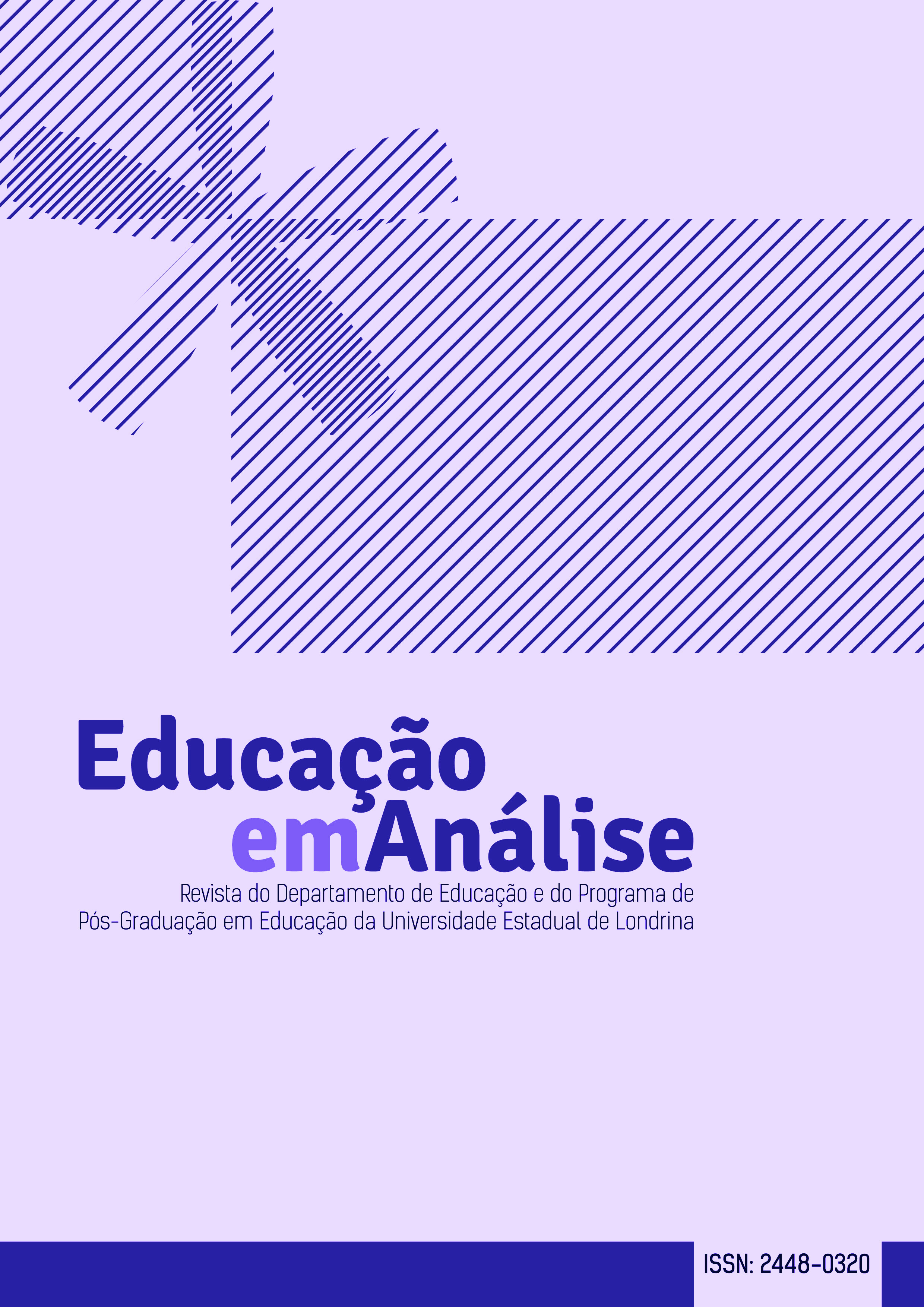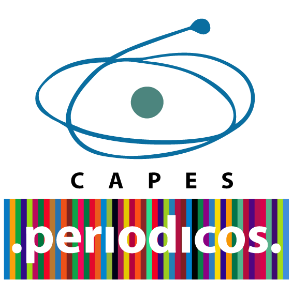Specificities of philosophical research
DOI:
https://doi.org/10.5433/1984-7939.2024v9n1p77Keywords:
Philosophical reading; Scientific research; Philosophical research.Abstract
Philosophy and science are different forms of interpreting reality. Although these are not the only forms of knowledge created by human beings, they stand out from the others because they are guided by rigorous criteria that govern their formation, verification and transmission. These criteria need to be strictly followed for these forms of knowledge to be rationally justified. In view of this, the proposal of this work is to analyze the main characteristics of philosophical research and to identify the elements that define its specificity, which necessarily requires addressing the research methods that are used for its construction and presentation. In this manner, we sowght, beyond the works of authors discussing this point, to interview peers, doctoral professors who produce and publish philosophical research with the intention of expanding this understanding. The interviews were based on two structured questions: 1) What are the main characteristics of philosophical research? 2) What is the difference between a philosophical reading and philosophical research? What characterizes philosophical research? These questions are presented in conjunction with the discussion of the following authors: Severino (2002), Folscheid and Wunenburger (2006), Porta (2007), and Kochë (2011), who have addressed the theme of scientific research and philosophical research.
Downloads
References
FOLSCHEID, Dominique; WUNENBURGER, Jean Jacques. Metodologia filosófica. 3. ed. Tradução Paulo Neves. São Paulo: Martins Fontes, 2006.
HENNING, Leoni Maria Padilha. Pesquisa filosófica na educação. In: HENNING, Leoni Maria Padilha. (org.). Pesquisa, ensino e extensão no campo filosófico educacional. Londrina: EDUEL, 2010.
KOCHE, José Carlos. Fundamentos de metodologia científica: teoria da ciência e iniciação à pesquisa. Petropolis: Vozes, 2011.
PORTA, Mario Ariel Gonzales. A filosofia a partir dos seus problemas. São Paulo: Edições Loyola, 2007.
SEVERINO, Antônio Joaquim. Metodologia do trabalho científico. São Paulo: Cortez, 2002.
Downloads
Published
How to Cite
Issue
Section
License
Copyright (c) 2024 Maria Aparecida Lima Piai Rosa

This work is licensed under a Creative Commons Attribution-NonCommercial 4.0 International License.
Os artigos publicados na Revista Educação em Análise estão sob a Licença Creative Commons Atribuição 4.0 Internacional, garantindo Acesso Aberto. Deste modo, os autores mantêm os direitos autorais de seus trabalhos e, em caso de republicação, solicita-se que indiquem a primeira publicação nesta revista. Essa licença permite que qualquer pessoa leia, baixe, copie e compartilhe o conteúdo, desde que a devida citação seja feita. Além disso, autoriza a redistribuição, adaptação e criação de obras derivadas em qualquer formato ou meio, incluindo uso comercial, desde que a atribuição à revista seja mantida.
A revista se reserva o direito de efetuar, nos originais, alterações de ordem normativa, ortográfica e gramatical, com vistas a manter o padrão culto da língua e a credibilidade do veículo. Respeitará, no entanto, o estilo de escrever dos autores. Alterações, correções ou sugestões de ordem conceitual serão encaminhadas aos autores, quando necessário.
As opiniões emitidas pelos autores dos artigos são de sua exclusiva responsabilidade.
























